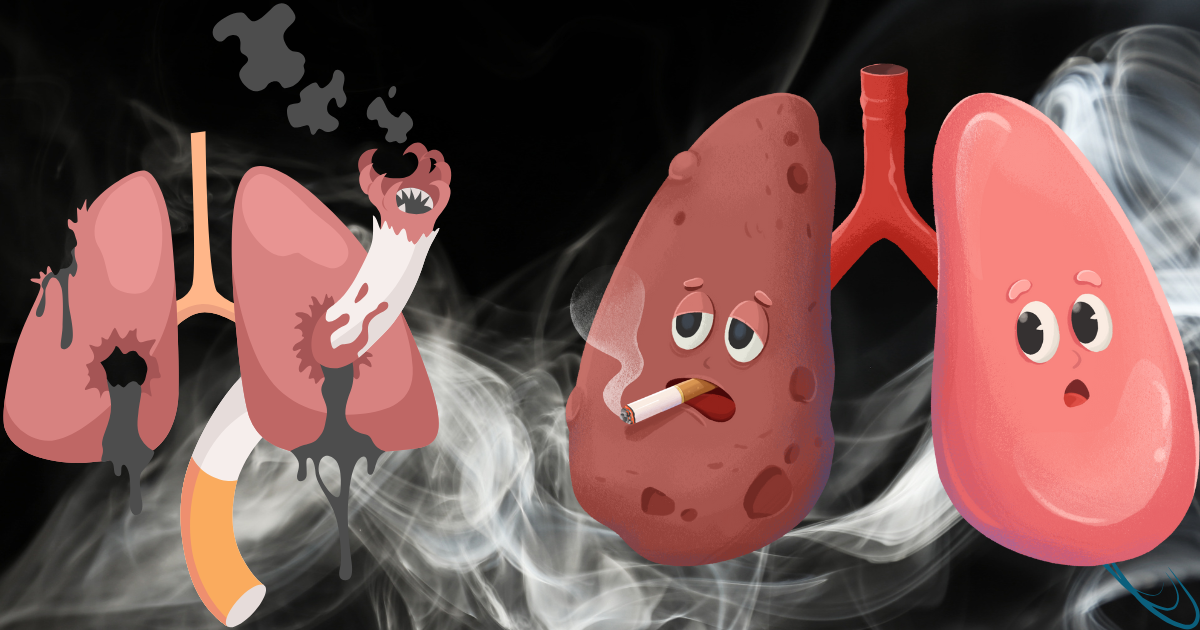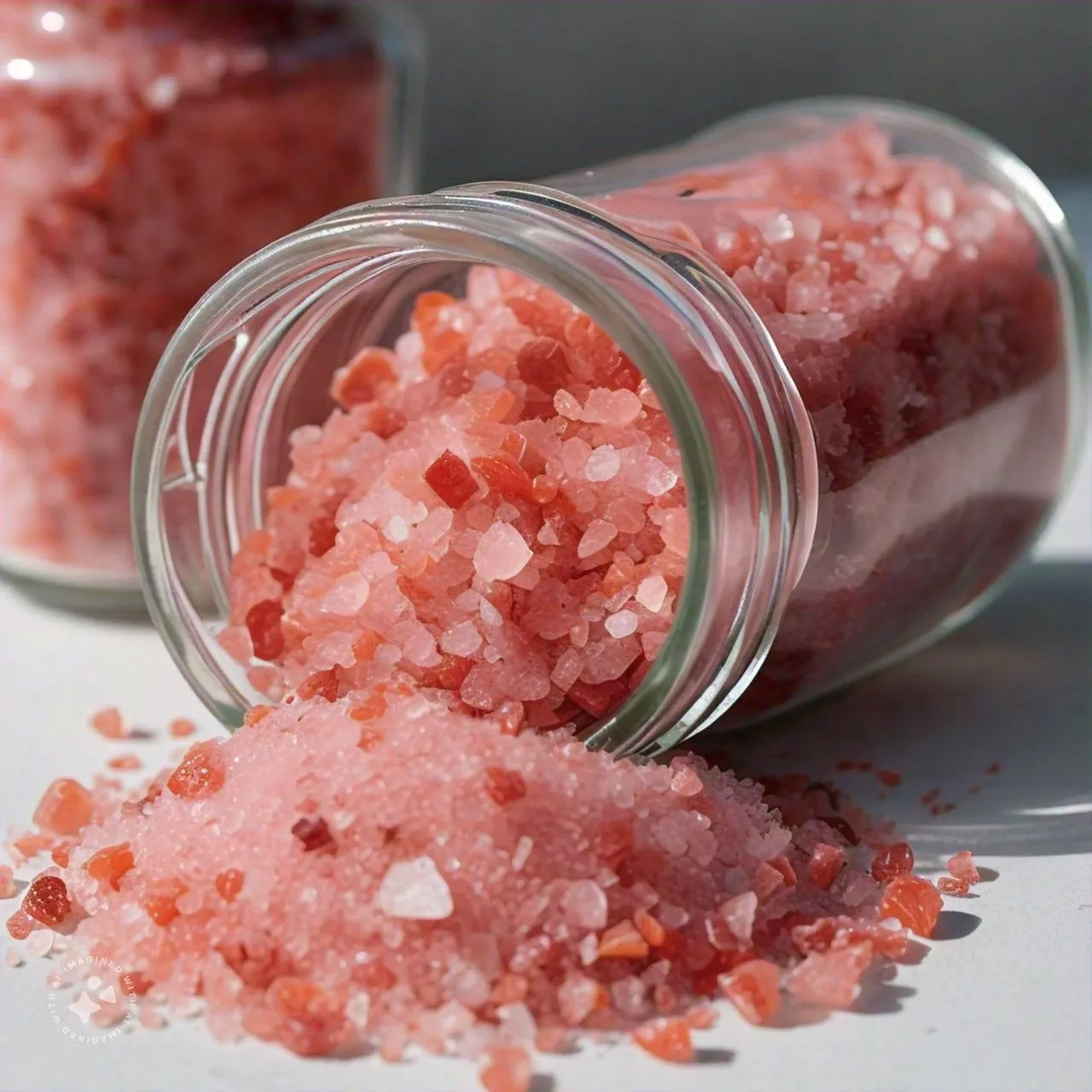
As we know, smoking is injurious for health, but it effects our skin too. I tried to find what are...

As we know, smoking is injurious for health, but it effects our skin too. I tried to find what are...

Naturally lowering uric acid: Causes, symptoms, home treatments & prevention Introduction Poor diet and contemporary lifestyle choices are causing high...

The Whole Guide to Gut Health: Why It's Important and How to Get It?

Discover the science behind sleep and its impact on your brainpower, mood, productivity, and health. Learn tips to improve sleep...

At midnight on December 31, 2024, we begin the much-anticipated New Year 2025. This is the beginning of an exciting...

While it's true that everyone ages, why do we hear so often that women age faster than men? Does this...

Cats have always been considered as cold, unkind and cunning animals, which is far from the truth. A huge misconception...

Salt is a staple ingredient we cannot do without, as its use in our everyday cooking is absolutely essential. The...

Mango season is in full swing, and while we have been enjoying this summer fruit, have you met many people...

Korean skin care has taken the world by storm with its complicated, multi-step methods that promise skin that is smooth...
At Spheremedium, we are dedicated to delivering the latest news, insightful articles, and engaging content across a variety of topics. Our platform is designed to keep you informed and inspired, whether you’re looking for updates on current events, in-depth analysis, or simply a new recipe to try.
At Spheremedium, we are dedicated to delivering the latest news, insightful articles, and engaging content across a variety of topics. Our platform is designed to keep you informed and inspired, whether you’re looking for updates on current events, in-depth analysis, or simply a new recipe to try.
Our mission is to be your go-to source for reliable information and thought-provoking
© 2024 Developed By Digital Ostium